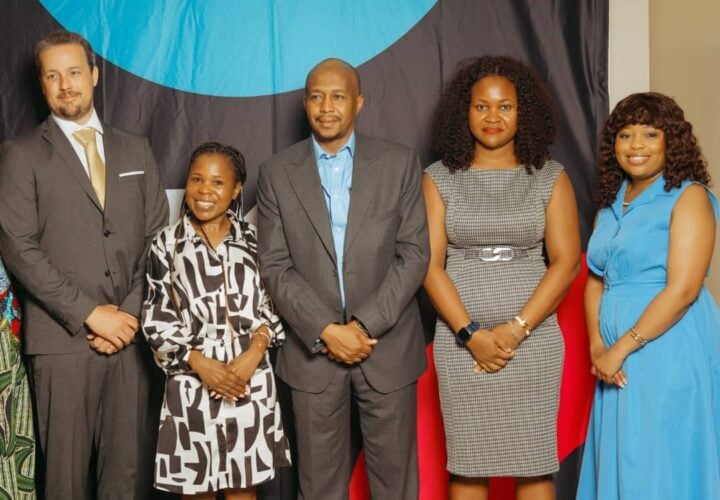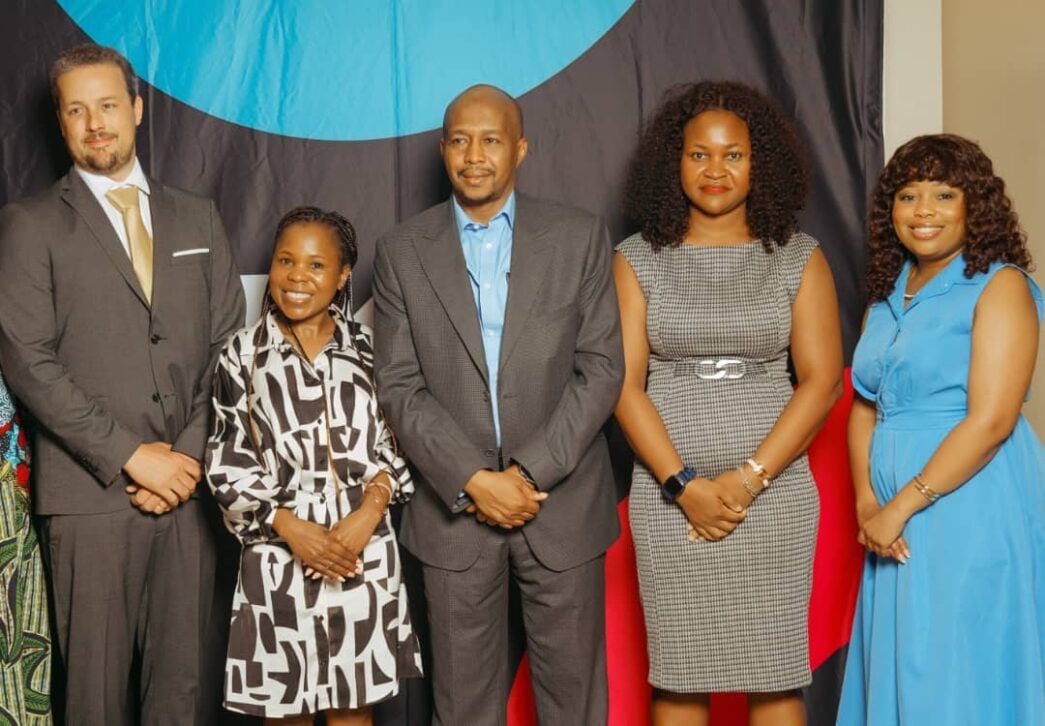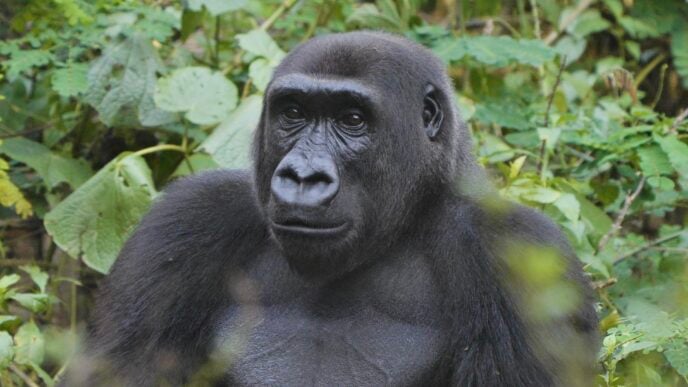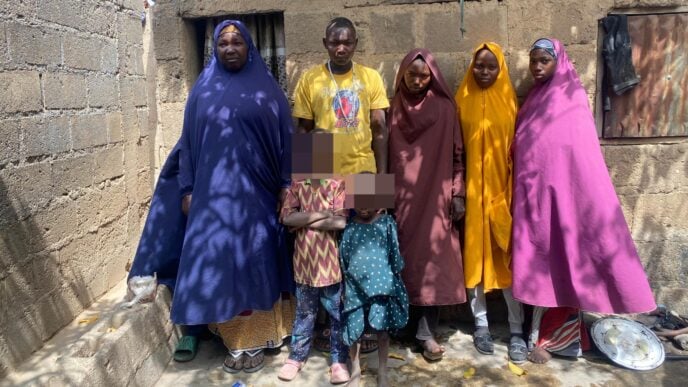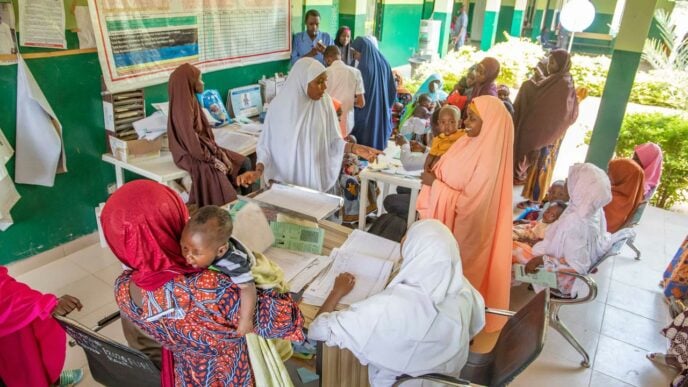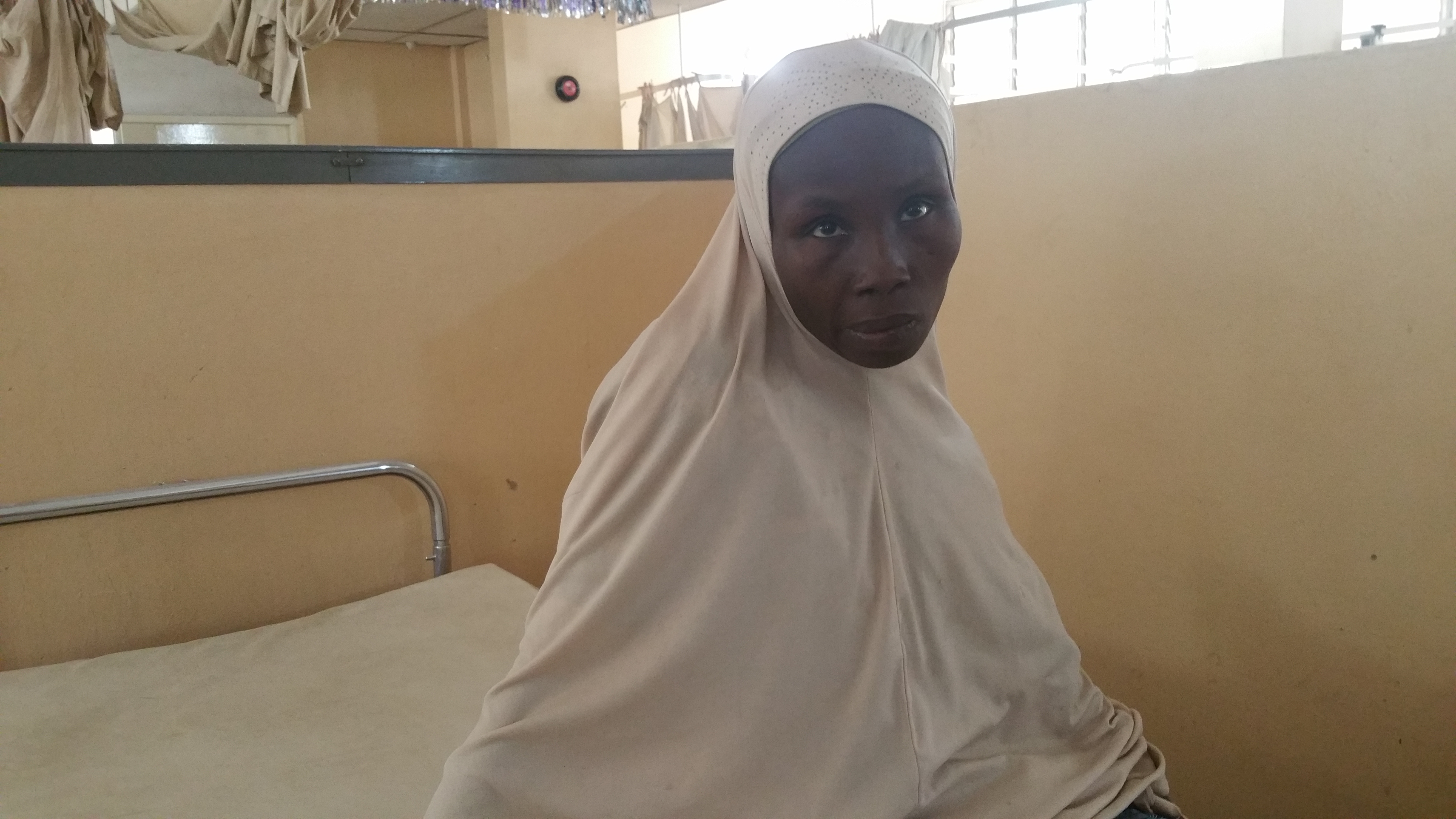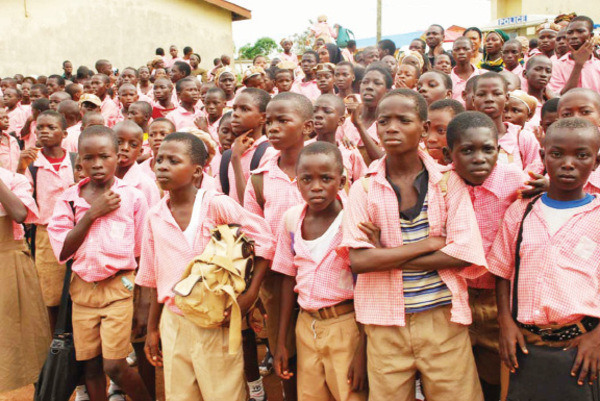TikTok, in partnership with the Centre for Analytics and Behavioural Change (CABC), has begun a series of women in media safety roundtables across Sub-Saharan Africa to address tech-facilitated gender-based violence (TFGBV) and improve digital safety for women.
The roundtable, held in Abuja on Tuesday, brought together journalists, civil society activists, regulators, digital experts, and content creators to design collaborative strategies that protect women in the media industry while promoting inclusive online communities.
Kim Thipe, executive director of CABC, said the initiative recognises that online abuse cannot be solved by policy alone but through inclusive dialogue and evidence-driven action.
“Addressing issues such as tech-facilitated gender-based violence requires more than just policies; it demands deep listening, data-driven insights, and collaboration across sectors,” Thipe said.
Advertisement
“We are pleased to partner with TikTok in this important initiative that places community voices and local context at the centre of online safety.”
Duduzile Mkhize, TikTok’s outreach and partnerships manager for Sub-Saharan Africa, said the company is prioritising safety by working closely with stakeholders to strengthen tools and policies.
“At TikTok, we believe that to truly understand our local community, we must first understand their world,” Mkhize said.
Advertisement
“As we learn more, we do more. These roundtables are about listening to people with lived experiences, learning from local communities, and building solutions together.”
Mkhize said TikTok is already raising awareness of its safety resources while ensuring women and minority groups are empowered to speak freely and participate online without fear of harassment.
She also said TikTok would continue to partner with regulators, media practitioners, and civil society to keep users safe.
“Safety is at the heart of everything we do. Creating safe spaces online isn’t just about technology; it’s about humanity,” she added.
Advertisement
‘AGE VERIFICATION NECESSARY SOLUTION FOR CHILD PROTECTION ONLINE’
Sa’ad Abubakar, national cybersecurity coordinator in the office of the national security adviser (NSA), said child protection is also central to digital safety.
Abubakar cited age verification as one of the practical solutions to reducing children’s exposure to harmful content online.
“It is very important to start discussing how to protect children’s online engagements at the government level, at the civil society level, and at the parental level,” he said.
Advertisement
“Children must understand the kind of information they can safely share online and how to navigate the digital space responsibly.”
Abiodun Essiet, senior special assistant to President Bola Tinubu on community engagement (north-central), called for stronger cooperation with agencies such as the Nigeria Data Protection Commission (NDPC) to improve reporting systems and ensure privacy protection.
Advertisement
She added that accountability was critical to building trust.
“When violations occur, justice must be served,” Essiet said.
Advertisement
“We need to create awareness that violence has consequences, whether online or offline. By working together, we can make our digital space safer, more respectful, and more empowering for all.”
She said online safety must be treated as both a social and democratic imperative.
Advertisement
